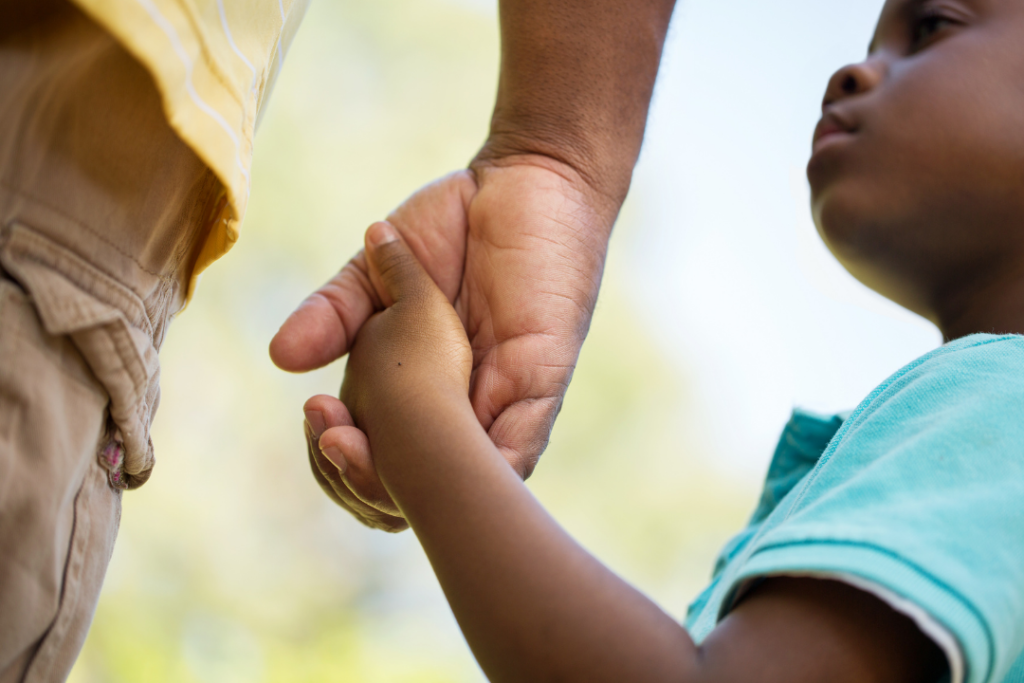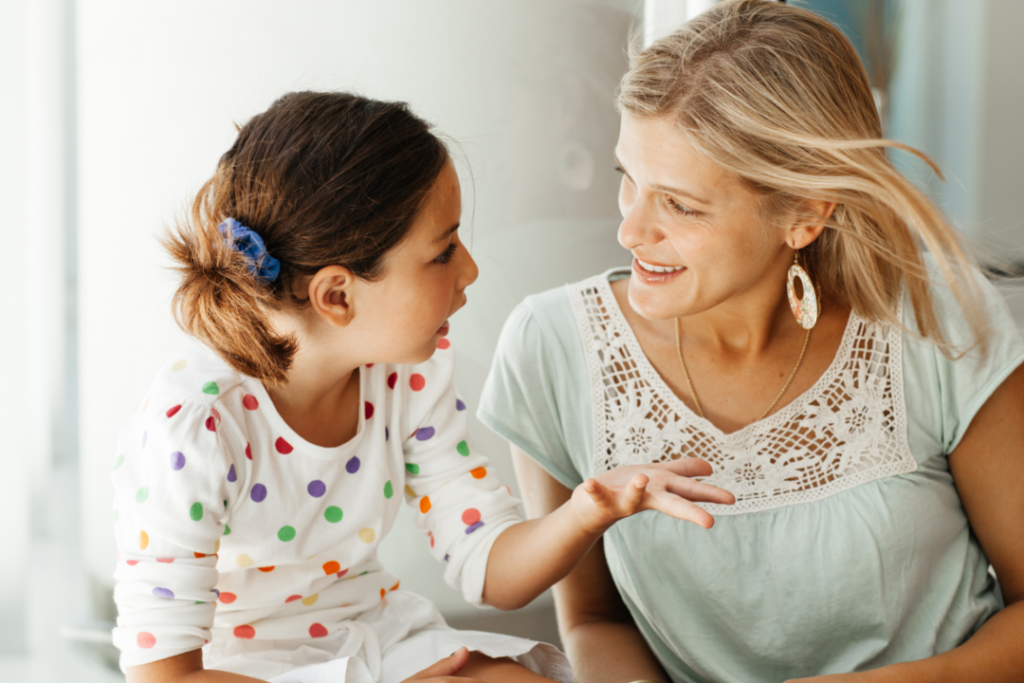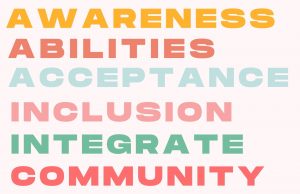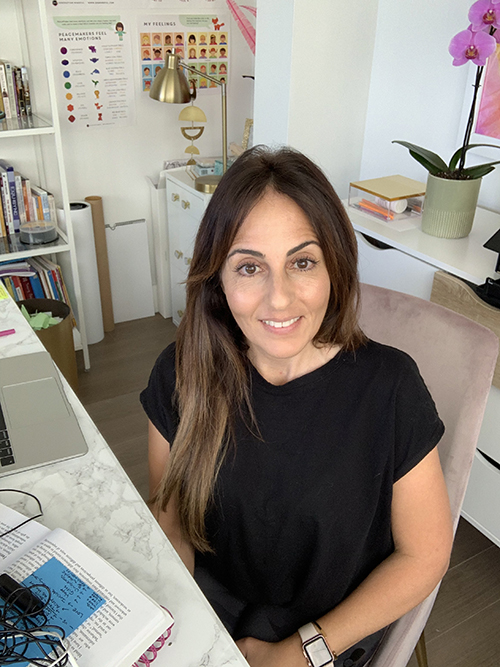What does it mean to become the observer and how does this serve me as a parent (and as a human on this planet!)

This concept has been coming up several times in the past few weeks during my parenting sessions.
Becoming the observer means several things. For one, it puts you in the position of the student rather than teacher. When you take the position of observer, you can pull yourself away from a situation and look at it more objectively and learn from it. Instead of asking “why is this happening to me?”, you instead switch to “why is this happening FOR me?” When you become the observer, you can detach from the emotions of being immersed in a situation.
When parenting, this is an amazing tool to use when our children have tantrums. Instead of getting frustrated by their screams, you can instead remain calm and collected by becoming the observer.
Think about it like watching television. You can observe what is happening on the TV screen and not get wrapped up in the emotions. You can be very invested and connected, but you are still the observer. This helps you stay calm and allows your child to process through their tantrums. In other words, presence with non-attachment.

The next time your child has a tantrum. Stay very present by not attaching it to everything you think it might become. For ex: Telling yourself: “now the rest of the day is going to be hard” (this will only make you give into the request your child made that you initially said no to.) By remaining present, detached, you can allow your child to have this important learning experience.
Keep in mind that tantrums are simply expressions of emotions. They’re just done very big and unfiltered (as adults, we wish we could have those from time to time but we learned containment as we mature and live in society). Learn to hold your child’s expression of their emotions and be present with it, so that you can eventually teach them to contain. Children first need to learn to co-regulate with you (by you remaining calm and detached) before they can learn to self-regulate their own big emotions.
When we detach, we can become the observer. When we observe, we can become present. When we are present, we can remain calm. When we remain calm, we can co-regulate. When we can co-regulate, we teach our children how to self-regulate and THAT is the value of becoming the observer.



